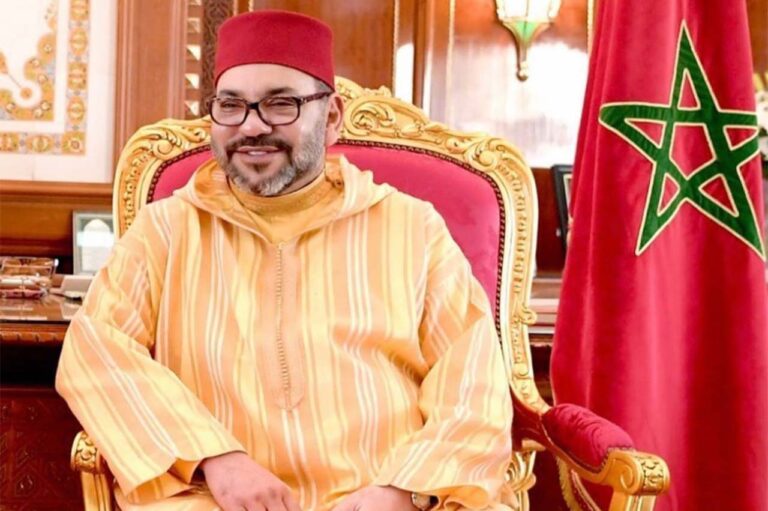Benin on brink of reclaiming last royal treasure lost to colonial era

The nation of Benin may soon see the return of a prized artifact that was separated from its cultural heritage over a century ago.
Following France’s historic return of 26 royal treasures in 2021, Benin is now on the verge of reclaiming a 27th piece—a symbolic three-legged stool, known as a kataklè, which played a vital role in the coronation ceremonies of the Kingdom of Danxomè.
Discovered in a Finnish museum, this artifact could soon be reunited with its counterparts in Benin.
A Rediscovery Years in the Making
In 2021, France handed back 26 artifacts taken from Abomey, the former capital of the Kingdom of Danxomè, in the late 19th century.
The return was widely celebrated across Benin as a landmark moment, representing both recognition and restitution for cultural losses endured during colonial occupation.
Yet the historian and art expert Marie-Cécile Zinsou noted a discrepancy: records indicated 27 pieces were taken by French forces, not 26.
Zinsou, president of the Zinsou Foundation in Benin, shared her curiosity.
“At first, I didn’t understand why Emmanuel Macron talked about returning 26 artifacts, as I knew that 27 items had been brought to France by [Colonel Alfred Amédée] Dodds,” she explained.
To avoid dampening the excitement of the initial return, Zinsou quietly pursued her suspicions, enlisting the help of journalist Pierre Firtion, who was covering the restitution for RFI.
Firtion’s investigation spanned two years, with support from Finnish museum curator Pilvi Vainonen.
Eventually, their efforts led them to a museum in Helsinki, where the kataklè had been stored following a 1939 exchange between the Museum of Man in France and the Finnish museum.
This artifact exchange, typical of that era, effectively buried the stool in European archives.
Finland Signals Willingness to Return Artifact
The Finnish museum has expressed clear support for repatriating the kataklè to Benin.
Vainonen, the director of the National Museum of Finland, stated her position unequivocally: “This kataklè belongs with its community of origin,” she told Firtion.
When asked if she would support returning it to Benin, she replied, “We would begin arrangements, of course. Coordinating with Benin is the logical next step.”
In response, Benin has taken swift action.
Minister of Culture Jean-Michel Abimbola is expected to lead a delegation to Helsinki on 5 November to negotiate the terms of the stool’s return with Finnish officials.
The recent removal of the kataklè from France’s national collections list in August 2024 appears to have paved the way for its repatriation—a move likely influenced by Zinsou’s persistent advocacy with French officials.
A Step Toward Cultural Restoration
The impending return of this royal artifact marks yet another milestone in the global movement for restitution of cultural heritage.
For Benin, reclaiming the kataklè symbolizes not only the preservation of its history but also the broader struggle for African nations to restore artifacts taken during colonial periods.
As Benin anticipates this reunion with its royal treasure, the story of the kataklè stands as a testament to the enduring power of cultural identity and the growing commitment to rectifying the legacies of the past.
About The Author
dailymailafric
I am an avid African news observer, and an active member of Daily Mail Africa.
I’m Passionate about staying informed on diverse topics across the continent,
I actively contribute to publishing on political, economic and cultural developments in Africa.



